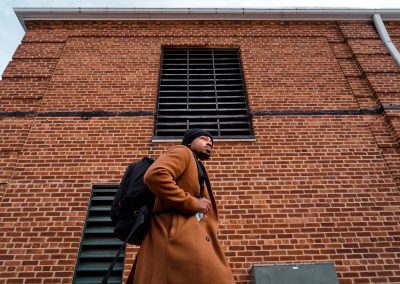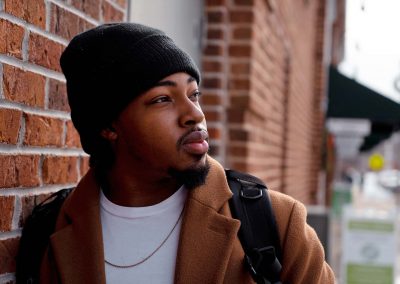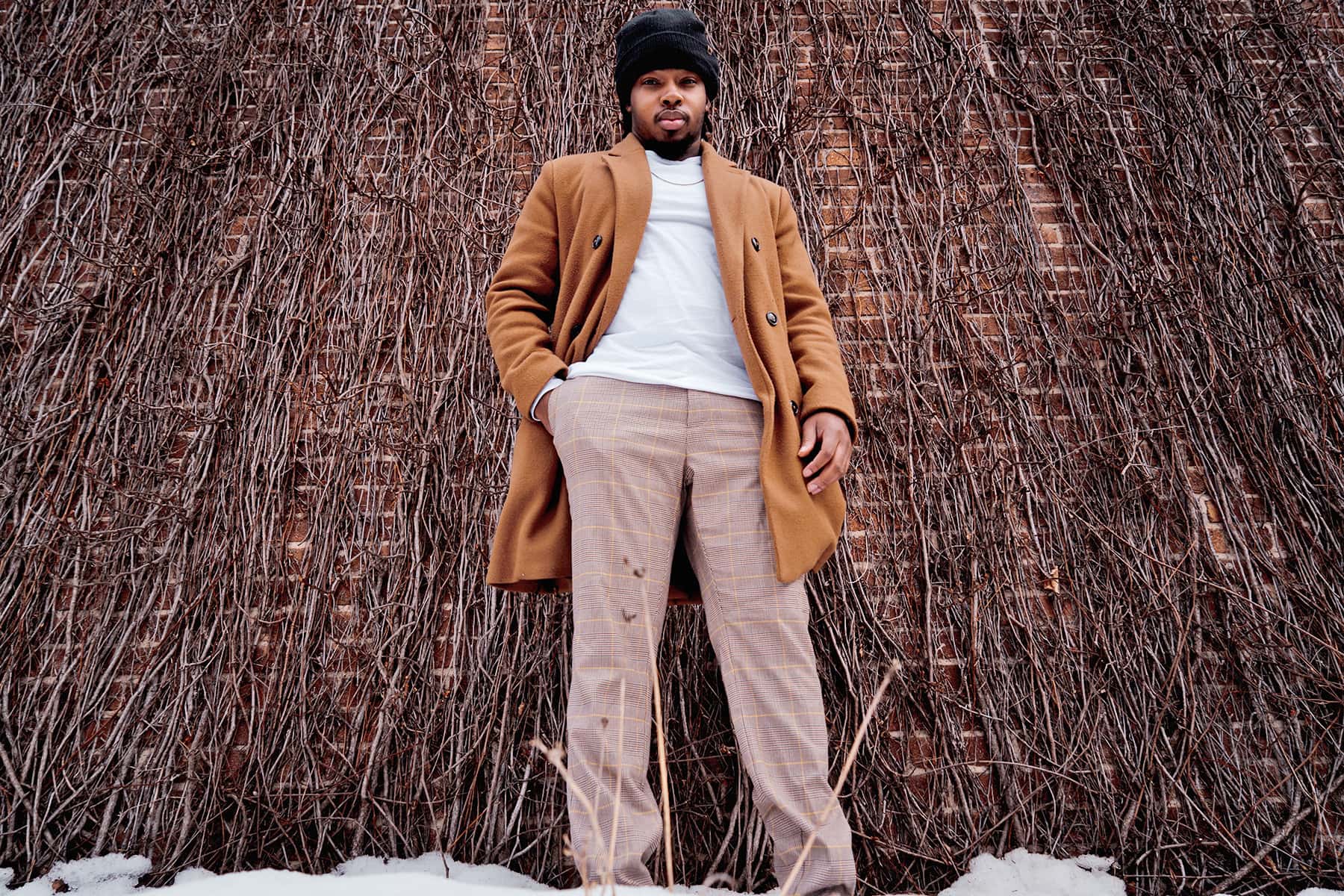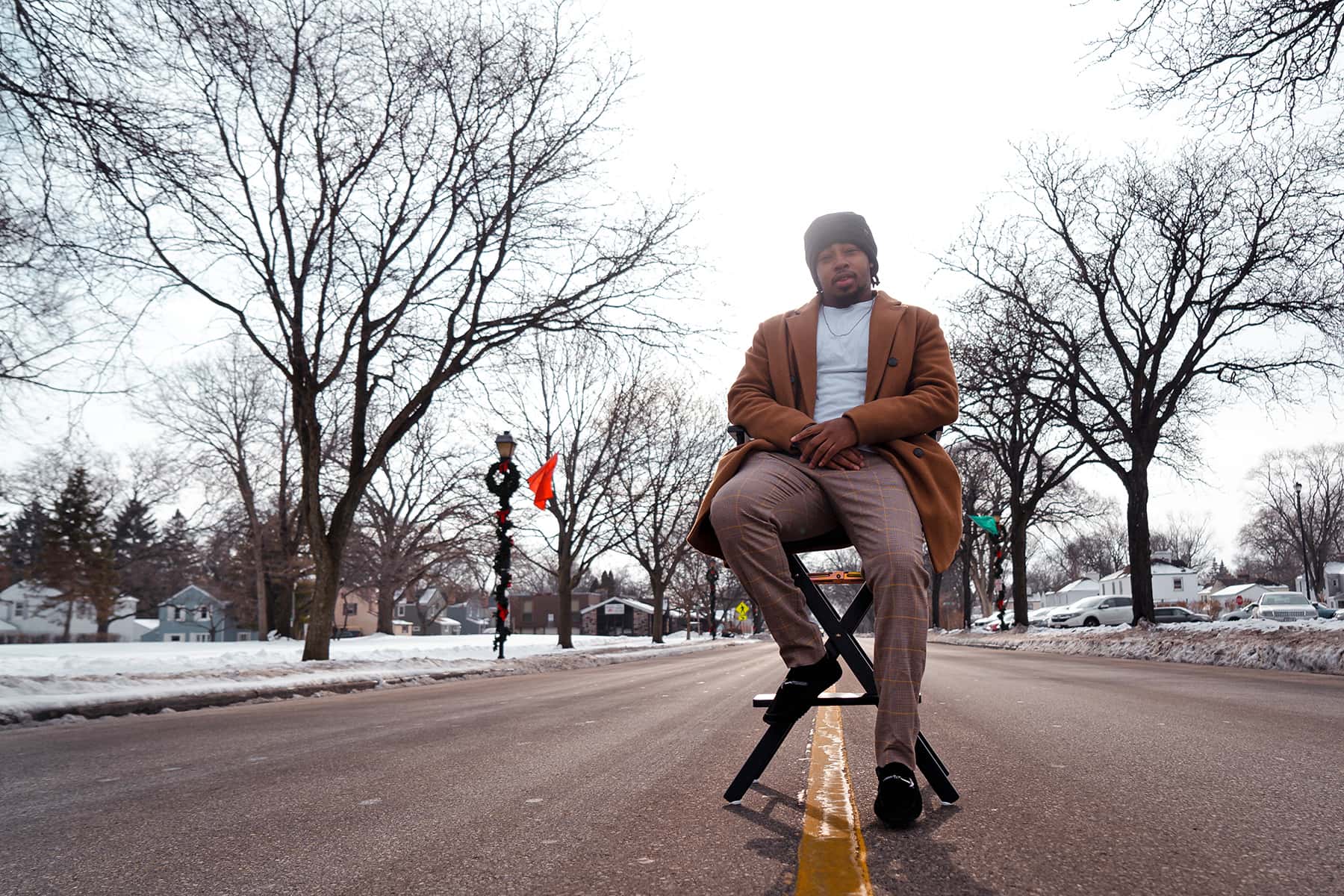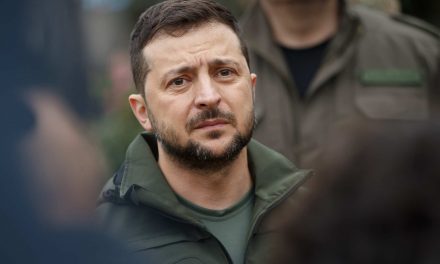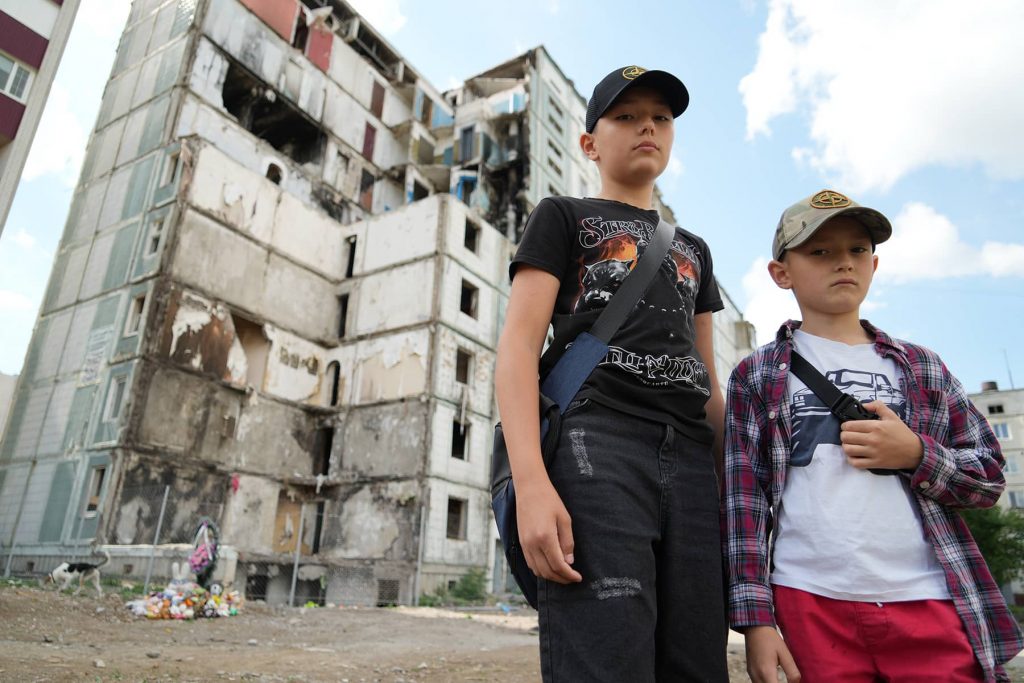
Three C’s define Michael Snowden’s work: curiosity, compassion and conversation.
Snowden is a Milwaukee-based creative, and the founder of Evelyn’s Angel – a nonprofit that advocates, trains, and provides individually curated care for loved ones living with Alzheimer’s and Dementia. Through filmmaking, photography, collaborative projects and community programs, Snowden creates spaces for Milwaukeeans to tell their stories.
Q&A with Michael Snowden
Milwaukee Independent: How would you describe your mission as an artist and storyteller? Is there a philosophy to your narrative?
Michael Snowden: Being a storyteller is an ever evolving journey. I am learning that there is no single destination and the process of continuous learning and exploration is the most important aspect of it all. My personal mission statement has always been to live life with the deep desire to inspire and be inspired. There are billions of people on this Earth with a billion more different stories. While we don’t have the capacity to listen to them all, when I do get the chance to listen to some, I do so with an open ear and an open heart. When presented with the opportunity to retell these stories or even my own story, I am insistent on being truthful. This summer, I had the opportunity to connect with many creatives throughout the Midwest Culture Lab. One of the highlights discussed was how being authentic and telling the truth is essential to the role and responsibility of a creative. My philosophy is centered around both listening and telling the authentic truth.
Milwaukee Independent: What was the most important life experience or key relationship in your youth that you feel shaped your artistic development?
Michael Snowden: My family, especially my mother and father, were influential in my artistic development. My father is a visual artist, and one of the first people I witnessed create an image out of thin air and onto a piece of paper. He taught me that we each possess this superpower–to turn nothing into something–and since then I have been infatuated with the idea of creation. My mother was always willing to tackle a challenge, and enjoyed learning along the way. Even if it was difficult, she would not give up and found joy in the process. These examples instilled my self-belief nature that 1) I could achieve anything as long as I put my mind to it and 2) to never give up no matter how difficult the task at hand seemed. These lessons created a safe haven for me while shaping me in ways I could not imagine. At the age of 12 my mother was diagnosed with early onset dementia and I became her primary caregiver. Caregiving took me away from other ordinary 12 year old activities, but in return it nurtured a new understanding of the world around me. It taught me new ways to communicate with compassion, understanding and patience. My mother and I would often create together through dancing, singing, puzzles, drawing and coloring. We were better at some mediums than others but the outcome did not matter, it was the act of creating that was important to us. It became our way to communicate with each other even when it was hard for her to find the right words to say. Through art, we were able to prevail through uncertain times and find moments of joy. For the next 9 years of caregiving, we continued to create together, and I branched out on my own to explore visual art, music, graphic design, photography, and cinematography. The lessons of my father’s creativity and my mother’s optimism inspire my work today.
Milwaukee Independent: What have you learned from your experience with Evelyn’s Angel and its focus on loved ones with Alzheimer’s and Dementia? How has it informed your creative endeavors moving forward?
Michael Snowden: Growing up as a caregiver, Alzheimer’s was kind of a “family secret.” When asked about my mother, our response would always be that “she is sick” leaving little room to disclose any more information. It should never have to be that way. Shortly after my mother’s passing I learned the importance of owning your own story and the importance of preserving the legacy of others’ stories. I learned that you never know who needs to hear your story to help them persevere. That is why I founded Evelyn’s Angel with a goal to share my experience as a young caregiver and the legacy of my mother, Evelyn Snowden. It truly “takes a village” to advocate, train, and provide individually curated care for families and loved ones living with Alzheimer’s and Dementia. Evelyn’s Angel seeks to create that support. One of our major programs is our Memory Arts Cafe. It uses art as a conversation tool and connector for the person living with Dementia and their care partner. Throughout the session each individual works on creating a piece of art through the medium chosen for that session. Oftentimes, this is a new experience for both people and the journey of getting “creatively uncomfortable” together. The focus is not on the final product but the conversations that are inspired during the process. Through Evelyn’s Angel, I’ve created space to tell my story. But most importantly, I’ve learned how to create space that allows others to tell their stories. It has helped me connect compassion and purpose to the art that I create.
Milwaukee Independent: Why do you define yourself as an artist? And, how do you connect your interests with photography and filmmaking to your background in business, caregiving, and nonprofits?
Michael Snowden: No matter the medium, my work always comes back to the same idea: to own my story, and to help preserve the legacy of community stories. Because of this, I’ve learned to define myself first and foremost as a storyteller and facilitator. Secondarily, I am a photographer, filmmaker, and illustrator. I always believed that art is more about the creative process and less about the final product. “Artist” is not a title we are given, but who we all are as human beings. For instance, in my work around Alzheimer’s and Dementia, I have learned that many caregivers and their loved ones do not consider themselves to be artists and even shy away from the idea. But through the cafe sessions I saw a shift in the participants as they let go of their apprehensions and just began to create. Each and every one were surprised with the work they were able to create with their own hands, and everyone had a story to accompany it. The Memory Arts Cafe is a culmination of my life journey thus far, connecting my interests and background in business, caregiving, and nonprofits. Caregiving gave me a new lens of understanding and compassion for those around me. My background in business and nonprofits built the skills to design, implement and survey community projects. Lastly, my inner creative is the storyteller who facilitates these meaningful experiences. Storytelling is instrumental in expressing purpose, connecting with others, and communicating our truths. Art is the best medium I know of to achieve these goals.
Milwaukee Independent: How has the challenging conditions of the COVID-19 pandemic affected your visual storytelling? And, what makes your 2020 projects different than previous years?
Michael Snowden: At the beginning of 2020 most of my storytelling came from in-person community engagement, especially interviews, shooting b-roll for short films, facilitating workshops, etc. COVID-19 created new unforeseeable challenges, and with the new restrictions placed upon us, that was no longer possible. It forced us all to think, how can we continue to engage the community from a distance? It also forced me to rethink the way I intake and engage with our community and their stories. Thinking outside of the ordinary became essential. Two projects in particular challenged me in new ways: In a project with LOTUS Legal Clinic I created an interactive virtual exhibit for their annual “Untold Stories” art and poetry exhibit that tells the stories of survivors of sexual violence. The interactive exhibit delivers an enhanced experience at home as it would have in a gallery space. Viewers can browse through the exhibit and examine individual pieces, while hearing audio-recordings through the click of a mouse. For the Milwaukee Riverkeeper Boat Parade, we had to find another way to share a community event that would normally have hundreds of people lining Milwaukee’s downtown riverway. Through live streaming we were able to create a virtual event that allowed the community to experience the parade from the sky with a drone and along the side of the riverwalk with the added bonus of hearing from Milwaukee water stewards. Having to rely on virtual displays and communication made me realize the enhanced possibilities to deliver stories and experiences to communities. I was able to do more than just show the story but allow others to experience it. Also, this year I was more focused on the process and building a connection with my subjects, topic, and art. When working with Timeslips on their Telestories project, the philosophy was to ask open ended questions that can be followed with “yes, and.” I connected with 5-10 seniors weekly through telephone and crafting stories through these beautiful questions such as, “if you were to write a book about your life, what would the first chapter be called?” The overall goal was to create a legacy gift for each senior but as conversations when on the more the focus shifted. These seniors began to look forward to our calls every week as it provided more than just a telephone storytelling workshop but intergenerational friendships. I learned a lot of lessons from each of my older friends from anecdotes from their own personal journeys to advice about becoming a parent. The final product began to take a backseat as the relationship I built became the most important aspect.
Milwaukee Independent: You collaborated with a number of Milwaukee area artists and nonprofits this year on creative work like the Rise and Thrive Exhibit and the Milwaukee Tele-Stories Project, so what was your biggest takeaway from those experiences?
Michael Snowden: If 2020 taught us anything it would be the importance of having compassion for the world around us and each other. With many people fighting isolation, a pandemic, and personal traumas, compassion and understanding are needed now more than ever. I had the great pleasure of working with a multitude of organizations this year and one of the biggest takeaways was the interconnectedness of us all. My projects with LOTUS Legal Clinic (including the Rise and Thrive and Untold Stories exhibits), Timeslips, Milwaukee Riverkeeper, Evelyn’s Angel, Midwest Culture Lab, Care Across Generations and The Center for Cultural Power gave me the opportunity to connect with people from a distance. The projects with Care Across Generations and Midwest Culture Lab specifically made me redefine my journey as an artist and my roles and responsibilities. I was posed with the task of creating an image around the idea of community care and its importance. I once again had to look at my experiences of how my community uplifted my family and I during our time of need. It was my responsibility to reinforce how important it is for the community to come together and support each other.
Milwaukee Independent: Do you have a favorite type of story to tell? And, what is your dream story, if you could interview anyone?
Michael Snowden: My favorite stories to tell are the ones that connect with my personal story in some way. For example, in 2018 I had the honor of interviewing a number of people who experienced Alzhiemer’s and Dementia within their own families. I was able to see the similarities in the stories and understand the need in this community. There was a lack of support, knowledge, and resources. Many people understood that they needed assistance but did not know where to start. I am currently interviewing a wide range of fathers and understanding the meaning of what it means to be one and the fallacy behind the stereotypes of fatherhood. As I am soon becoming a new father, there is a lot to learn and an abundance of knowledge available. My dream story is a tale of the future that I envision for my daughter. A lot of my work to-date has been rooted in the past and present but I would love to expand into the future. Creating worlds full of possibility and encouraging children to dream of what can be instead of having to conform to the reality of now. I love sci-fi films like Star Wars and the Afro-futurism in Black Panther. I would love to see more stories like these involving people that look like me. I was told our imagination is limited to what we have seen. My parents taught me to go beyond these limitations – to create something from nothing, and step outside the box to create something new. I believe I can do the same for many other kids through storytelling. I would love to interview my daughter 50 years from now and hear how the stories I have created for her and other children have helped them imagine new possibilities.
Milwaukee Independent: What influences your curiosity about the world, and what is it about Milwaukee that inspires your work?
Michael Snowden: The idea of “there is life in the unseen and unknown” influences my curiosity the most. The idea that there are so many unknown avenues excites me and encourages me to be more adventurous and step outside of my comfort zone. The city of Milwaukee has helped craft me into the person I am today. Many years ago I started a personal adventure series called “Snowventures” as a way of meditation and self care. I would go for a walk, “get lost” and explore new areas of the city I haven’t seen before. I would make it my mission to eventually find my way back but it was never a rush to do so. I would never fear truly getting lost as it would feed my curiosity. I take a similar approach to art. When learning new skills like digital illustration, flying a drone, animation and more, I never fear getting lost or failing. These are my parents lessons again being rebirthed. This year, I have seen how living in Milwaukee has crafted many other creatives. Through Timeslips Telestories, I was able to connect with many great artists in the city like Dasha Kelly, Rob Knapp, Cristina Siqueira, Rachel Payden, Demar Walker, Brooklyn Lloyd, CK Ledesma, Sarah Benforado, and Brenna Kempf. I saw the stories of seniors molded into poetry books, comic books, activity books, cookbooks, a clothing brand, and a dance. Milwaukee has a very eclectic pool of artists all throughout the city who are doing amazing things. The story of Milwaukee is changing at the hands of its creatives.
Milwaukee Independent: What has been the most rewarding community project that you have completed? And, what have you learned from projects that had less successful results?
Michael Snowden: The most rewarding community project for me would have to be Evelyn’s Angel Memory Arts Cafe. Although the in person sessions were cut short because of Covid, I was still able to see the impact of making art together had on the caregiver and loved one relationships. It brought me back to the times when I would create with my mother while caregiving. Being able to share the idea of finding those moments of joy during a stressful situation and creating a bridge to connect with someone you love was rewarding to see. From projects that have had less successful results, I’ve learned that it will just take more time and intentional planning. I do not believe that anything is ever a failure, it just was not “it’s time” to come to fruition. It will require more conversations, mediation, and inspiration.
Milwaukee Independent: What does living and creating with intention look like for you? And, how do you integrate mindfulness into your creative work and personal life?
Michael Snowden: Living and Creating with intention requires mindfulness. It starts with the understanding of myself and who I am and what I stand for. My personal mission statement has shifted to possess more intention. To tell stories that hold truth and breed empathy while expanding the experience of others. Not many people understood what being a young caregiver was like, just as not many people understand what being a young african american father is like as well. I personally hold these truths and must tell these stories. Not for others to understand but for those that may be living a parallel life. This helps build a community of compassion and support. My experiences become my inspiration. The stories expand beyond my own personal narratives but from every person I have met, every story that was told, every feeling that was felt is now embedded in me. And I am responsible for holding the truth in everything bestowed upon me.
Milwaukee Independent: In your opinion, what is one of the biggest issues that underserved populations in Milwaukee face? And, do you see the arts as a force for solving this, or at least helping to shape a more healthy community?
Michael Snowden: One of the biggest issues that underserved populations in Milwaukee face is discrediting their own voice or ways of self expression. Oftentimes we are told who we are and what we are based off of who and what other people think we are. This year we have been able to hear those voices more throughout protests, civic leaders and the youth. Unfortunately, these voices are ones that are rooted in pain. Underserved populations should not only be heard when they are hurting. Pain is not our only story. We have triumphs, victories, and many celebrations of life of our own. I am excited that there are a number of organizations growing to help combat this and give a voice to our people, and tell our stories beyond our tragedies. Many of them are doing it through art. I’ve learned from personal experience that it is important to own your story and even more impactful to share it. As a community, art can be a vehicle for healing and growth and we, the storytellers, have a responsibility to facilitate spaces for that to happen through compassion and speaking our truth.
© Photo
Media Bolt Productions



